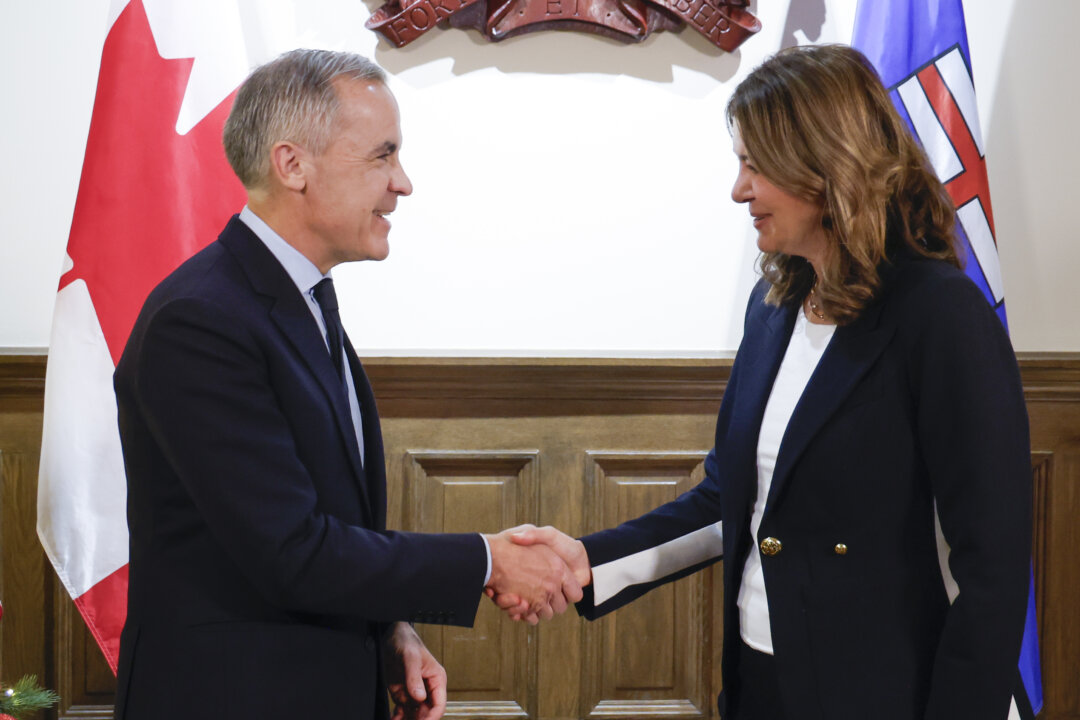Canada Signs Pipeline Agreement to Boost Exports and Reverse Oil Tanker Ban
Canadian Prime Minister Mark Carney and Alberta's premier have signed a deal to build a pipeline to the Pacific, potentially reversing an oil tanker ban.
Overview
- Canadian Prime Minister Mark Carney and Alberta's premier have signed a significant agreement to construct a new pipeline to the Pacific Coast.
- The deal may reverse an existing oil tanker ban off the British Columbia coast, contingent on energy policy changes and emission-reduction commitments.
- Carney's goal is to double Canada's non-U.S. exports within the next decade, enhancing the country's economic independence and resilience.
- The agreement is seen as a step towards making Canada stronger and more sustainable in its energy policies.
- This collaboration highlights the ongoing tensions and negotiations surrounding energy infrastructure and environmental concerns in Canada.
Report issue

Read both sides in 5 minutes each day
Analysis
Center-leaning sources cover this story neutrally, focusing on reporting the facts of the pipeline deal and its context without injecting editorial bias. They present the perspectives of key stakeholders and relevant background information in a balanced manner, allowing readers to form their own conclusions.
Articles (3)
Center (1)
FAQ
The oil tanker ban was enacted in 2018 to protect British Columbia's pristine northern coastline from the risk of oil spills. The new pipeline agreement could reverse this ban if the project is deemed to be in the national interest, overriding provincial objections and potentially allowing oil tankers to operate in the region.
The agreement includes commitments to achieve net-zero greenhouse gas emissions by 2050, supports the $16.5 billion Pathways Alliance carbon capture and storage project, and mandates co-ownership of the pipeline by Indigenous groups, ensuring their involvement and benefits from the project.
The primary economic goal is to double Canada's non-U.S. oil exports within the next decade, enhancing the country's economic independence and resilience by expanding access to Asian markets.
After the MOU, the next steps include detailed planning, route selection, environmental assessments, consultations with Indigenous groups, and securing regulatory approvals. Alberta has committed $14 million to fund early work and prepare an application for a speedy review by Ottawa’s Major Projects Office.
The agreement calls for Alberta and Ottawa to reach an agreement on industrial carbon pricing by April 1, 2026, which could raise Alberta's carbon price from C$95 to $130 per ton. It also includes commitments to reduce emissions through the Pathways Alliance carbon capture project.
History
- This story does not have any previous versions.

